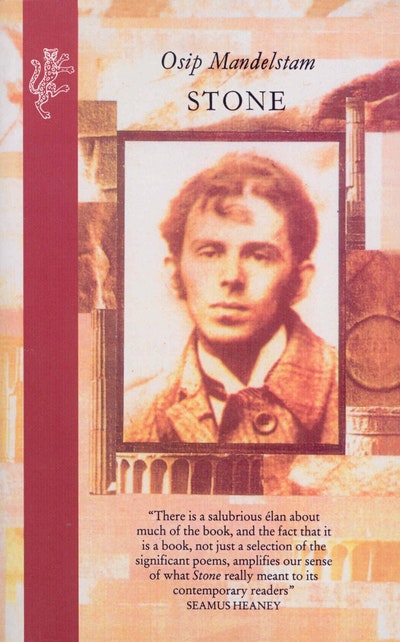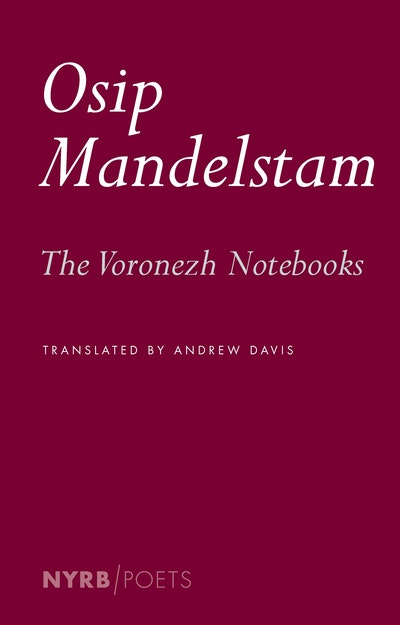'There is a salubrious élan about much of the book, and the fact that it is a book, not just a selection the significant poems, amplifies our sense of what Stone really means to its contemporary readers'
Seamus Heaney
'What makes Robert Tracy's book invaluable is his feeling for context...Another thing that comes across in these translations is the verve and immediacy of the poems' occasions, recalling the Acmeist programme of 'this-worldliness': there are poems about tennis and ice-cream and silent movies, poems that seem to jump into being on impulse'
Seamus Heaney, London Review of Books
'A blend of classical serenity and brash iconoclasm. This is a splendid introduction to a poet who should be known thoroughly'
G.E. Murray, Chicago Sun Times
'Professor Tracy has done a superb job. His introduction is excellent, his notes are very comprehensive...and his verse translations are remarkably good. All one can say is "Thank you"'
Irish Times
When Stone appeared in 1913, it marked the debut of one of Russia's greatest twentieth-century poets. Precision, clarity and concreteness, a concern with form and fascination with European culture, especially architecture, were touchstones for the young poet and remained so for the rest of his extraordinary writing life. This bilingual edition, based on the most complete edition of 1928, was published, alongside The Collected Critical Prose and Letters, to mark Mandelstam's centenary in 1991.


